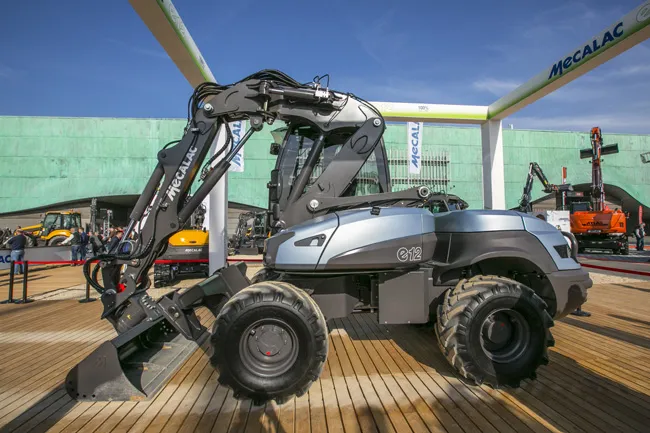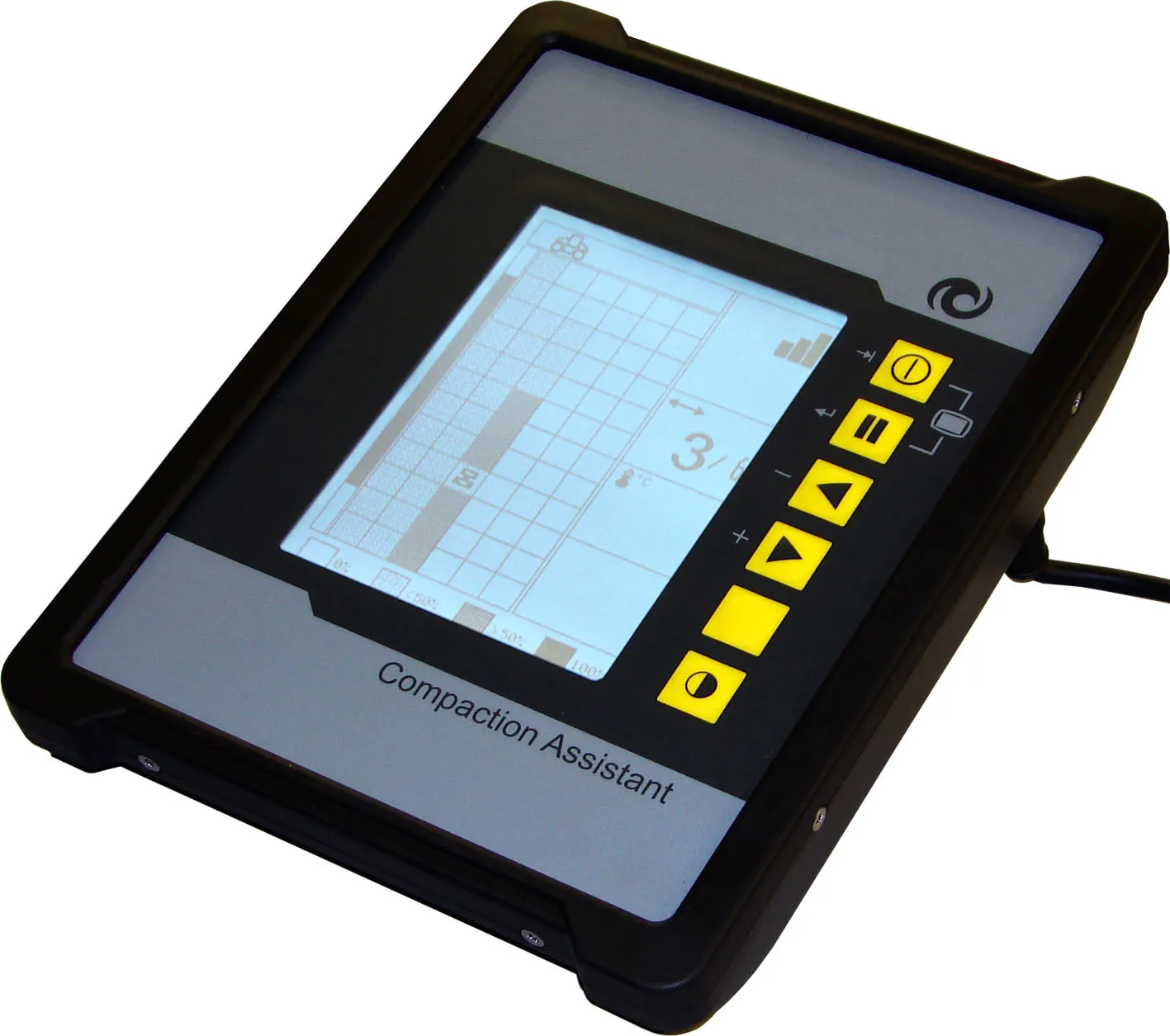The Netherlands Organisation for Applied Scientific Research, TNO, is in the process of developing a low cost cooperative adaptive cruise control (CACC) technology. This is being demonstrated in a test fleet of Toyota Prius cars in which factory-fitted long-range radar is used together with wireless vehicle to vehicle communications (802.11p and ETSI Geonet) and GPS based location, to enable CACC.
March 19, 2012
Read time: 2 mins
RSSThe Netherlands Organisation for Applied Scientific Research, 1427 TNO Defence, is in the process of developing a low cost cooperative adaptive cruise control (CACC) technology. This is being demonstrated in a test fleet of 2728 Toyota Prius cars in which factory-fitted long-range radar is used together with wireless vehicle to vehicle communications (802.11p and ETSI Geonet) and GPS based location, to enable CACC. Control of each of the vehicles is achieved through interaction with the CAN bus in order to manage acceleration and deceleration directly through the hybrid powertrain’s own control system.
The CACC control strategy aims to optimise the collective behaviour of participating vehicles in order to safely allow significant reductions in inter-vehicle spacing while providing a comfortable experience for drivers. This includes, for example, the avoidance of oscillations of the ad-hoc platoon and the management of issues of signal degradation and of merging in and out at junctions.
In order to test and demonstrate this advanced system and consider the potential for its further development, three of TNO’s Prius vehicles equipped with CACC were evaluated at3182 innovITS Advance, the UK research and development centre for telecommunications, automotive and electronics industries.
“CACC allows for very small headway times and hence has the potential to reduce fuel consumption and emissions as well as improving road space utilisation,” said Jeroen Ploeg, TNO project manager Automotive/CACC. “TNO has made some very significant advances in this new field of technology and we were pleased to be able to test and demonstrate some of our CACC research vehicles at InnovITS Advance. This facility’s network of urban roads with fully controllable communications infrastructure makes it a very attractive location for the testing and development of new cooperative vehicle technologies such as CACC.”
The CACC control strategy aims to optimise the collective behaviour of participating vehicles in order to safely allow significant reductions in inter-vehicle spacing while providing a comfortable experience for drivers. This includes, for example, the avoidance of oscillations of the ad-hoc platoon and the management of issues of signal degradation and of merging in and out at junctions.
In order to test and demonstrate this advanced system and consider the potential for its further development, three of TNO’s Prius vehicles equipped with CACC were evaluated at
“CACC allows for very small headway times and hence has the potential to reduce fuel consumption and emissions as well as improving road space utilisation,” said Jeroen Ploeg, TNO project manager Automotive/CACC. “TNO has made some very significant advances in this new field of technology and we were pleased to be able to test and demonstrate some of our CACC research vehicles at InnovITS Advance. This facility’s network of urban roads with fully controllable communications infrastructure makes it a very attractive location for the testing and development of new cooperative vehicle technologies such as CACC.”









